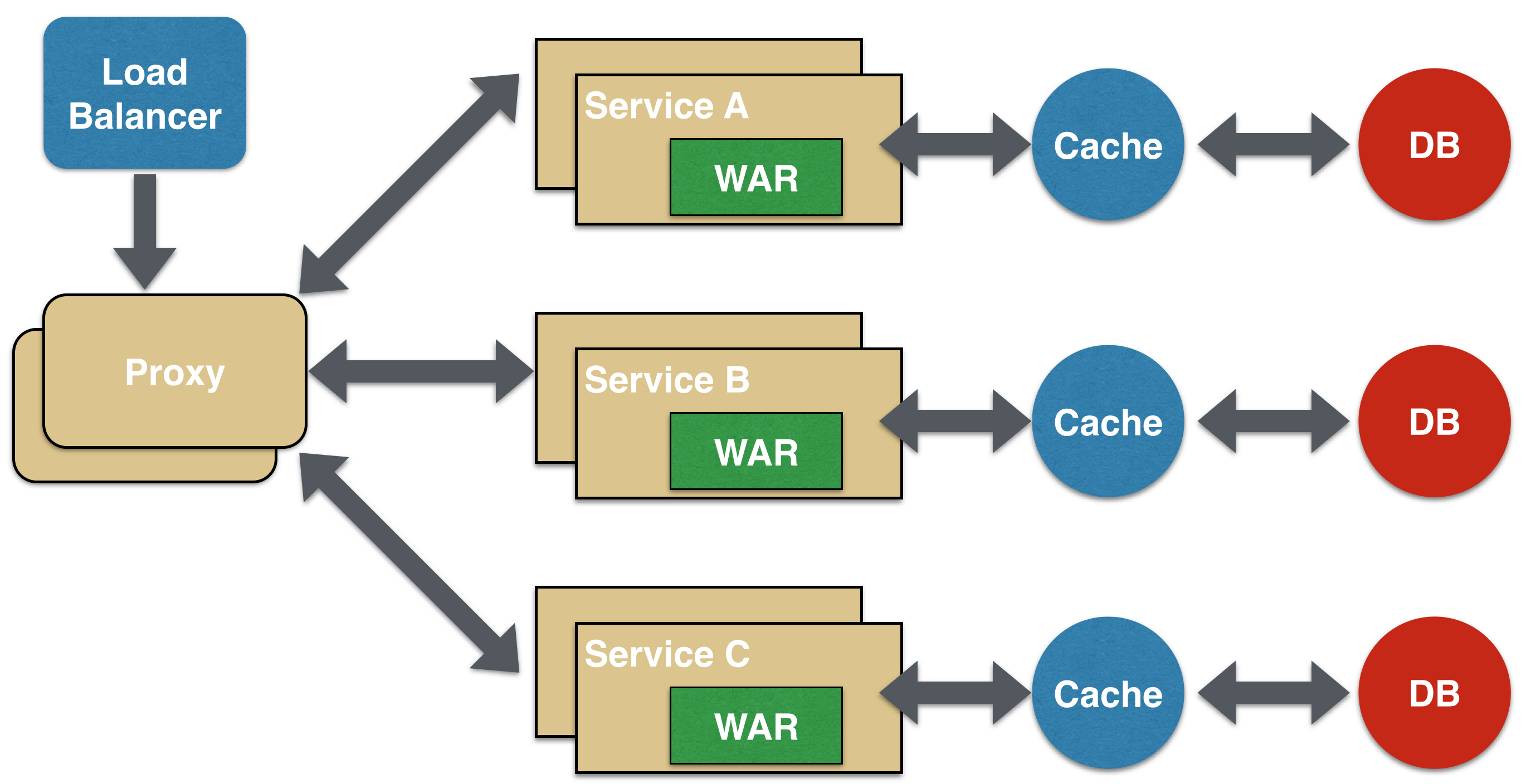A python load balancer/microservice experiment
The purpose of this project is to emmulate what you might find in a microservice architecture; using a few python scripts

A node can be created like so:
./node <ip of server>When a node is created, it will send a push request to the server, registering this node as a server for some service(a webpage). The server will then remember that a node at some ip address and port has this service. Thus, when a client requests a particular webpage, the server will randomly pick a node registered on that service to proxy the request to.
This registration action can be emulated with this bash command:
curl --header "Content-Type: application/json" --request POST --data '{"name":"/", "port":5000}' http://localhost:9000Where we register the name of the service to be "/" and that service to be running on port 5000. Evantually, the server will remove this node as it crawls through all of its registered nodes, checking to see if they are still alive.
Before then, we can request details on our new node
curl localhost:9000This shows the internal state of the server
{
"/": [
[
"127.0.0.1",
5000
]
]
}Also included in this code base is a simple file node that can be used to allow the arbitrary query of files, or the service of a particular file.
./FileHostHandler.py <ip of server> <service name> <file name>